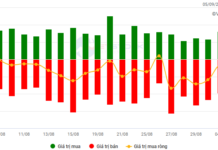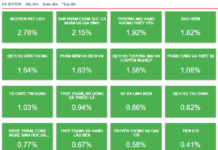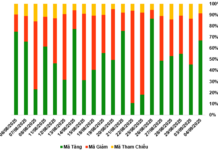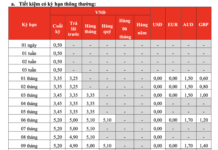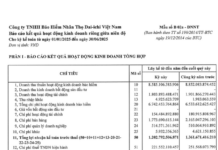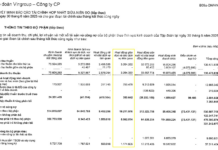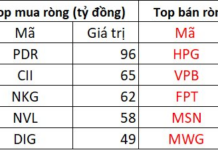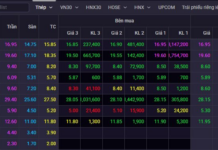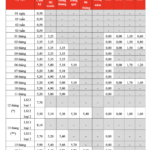LPBank’s recent extraordinary general meeting saw shareholders approve the board of directors’ proposal to relocate the bank’s head office. LPBank has not yet officially announced the chosen location for its new headquarter.
Following LPBank, Eximbank’s extraordinary general meeting on November 28 will also discuss the plan to relocate its head office from Ho Chi Minh City to Hanoi to align with the bank’s objectives in this new phase.
According to financial and banking expert, Dr. Nguyen Tri Hieu, the decision of LPBank and Eximbank to move their head offices may be related to their market expansion strategies and target customer segments.
As someone who established the First Vietnamese American Bank in the United States, Dr. Hieu believes that the head office is the face of a bank, and therefore, choosing its location is considered a strategic matter. “For Eximbank, the bank has been headquartered in Ho Chi Minh City since its establishment, and now they plan to move to Hanoi, possibly because they have found a suitable and valuable location,” he said.
In Dr. Hieu’s opinion, many banks prefer to have their head offices in Hanoi because it is the country’s economic, political, and cultural center. Additionally, being close to central government agencies, especially the State Bank of Vietnam’s head office, is advantageous.
 An Eximbank transaction office. |
Dr. Hieu emphasized that these interpretations are common considerations for banks when choosing a head office location. However, he believes that the relocation will positively impact Eximbank’s long-term strategy.
Commenting on Eximbank’s internal conflicts, the expert stressed: “Eximbank needs a strong change in its board of directors and executive management. The head office relocation could be one of the moves that will put Eximbank on a stable and long-term development trajectory in the coming period.”
From a banking legal expert’s perspective, Lawyer Truong Thanh Duc, Director of ANVI Law Firm, noted that dozens of years ago, some banks had already relocated their head offices to other provinces or cities, or even moved from the North to the South or vice versa.
Sharing Dr. Hieu’s view, Lawyer Duc said: “The relocation of head offices is to align with the market and target customers that banks want to focus on, and this is part of their long-term development strategy.”
According to Mr. Duc, the decision to relocate a bank’s head office depends on the approval of the general meeting of shareholders with a majority vote. However, once presented to the general meeting, it is almost certain to be approved, as the bank’s owners have a decisive influence.
Of course, the bank’s relocation is subject to the approval of the State Bank of Vietnam, the regulatory body. However, the lawyer believes there is no reason for the State Bank to disagree as long as it does not affect the bank’s safe operations, asset quality, or the stability of the banking system and market as a whole.
“The relocation of head offices is the right of banks. The State Bank will only intervene if the bank is in a weak position and needs to be controlled. In such cases, the regulatory body will provide recommendations on issues to be aware of. If the bank is operating normally, there is no reason for the State Bank not to agree,” emphasized Lawyer Duc.
He cited the case of Maritime Bank, which had decided to move its head office from Haiphong to Hanoi. However, as the bank was under special control at that time (from 2001 to 2003), the State Bank advised it to temporarily halt the relocation and focus on addressing its weaknesses.
In 2005, after the special control status was lifted, Maritime Bank officially moved its head office to Hanoi and expanded its customer base beyond the maritime industry and into the personal banking sector.
By Tuân Nguyễn
“Eximbank Receives Approval from State Bank of Vietnam to Amend Chartered Capital to Over VND 18,688 Billion”
On November 25, 2024, the State Bank of Vietnam approved a change in the charter capital of the Joint Stock Commercial Bank for Foreign Trade of Vietnam (Eximbank, HOSE: EIB). As a result, Eximbank’s charter capital has been adjusted to VND 18,688,106,070,000 (eighteen thousand six hundred and eighty-eight billion one hundred and six million seventy thousand dong).
The Race to Raise Deposit Rates: Why Banks Are Competing to Offer Higher Returns
As we approach the year-end, there has been a significant surge in demand for capital, especially medium and long-term funds. In response, banks have engaged in a fierce competition to raise deposit interest rates, with the highest rate reaching an impressive 6.4% per annum for terms of 18 months and beyond.

